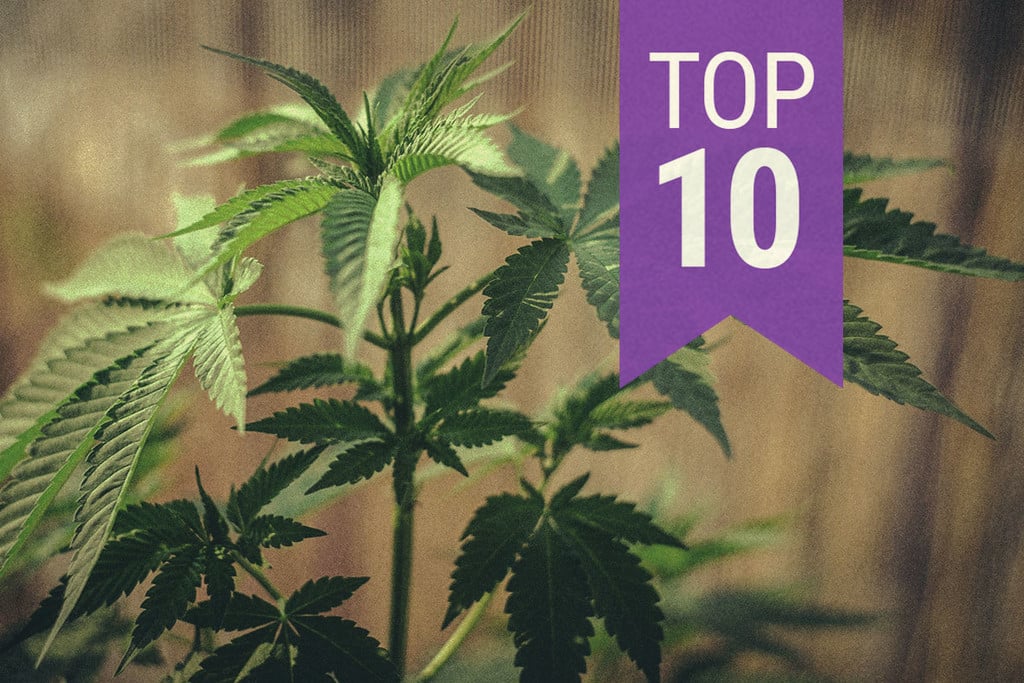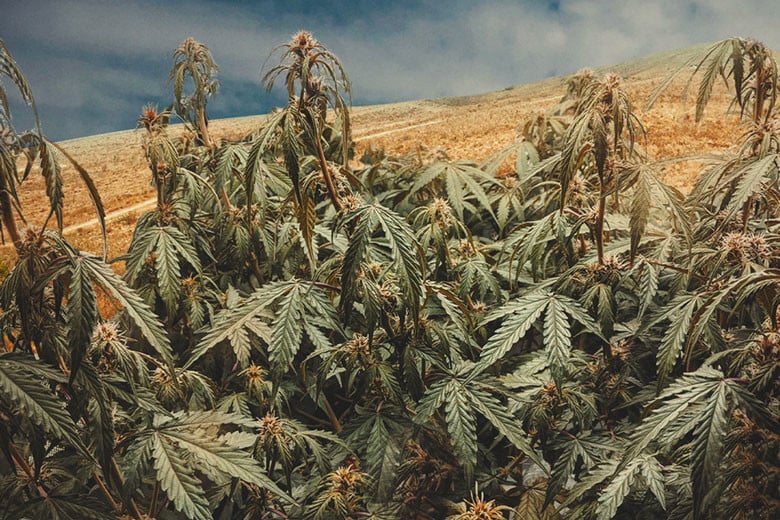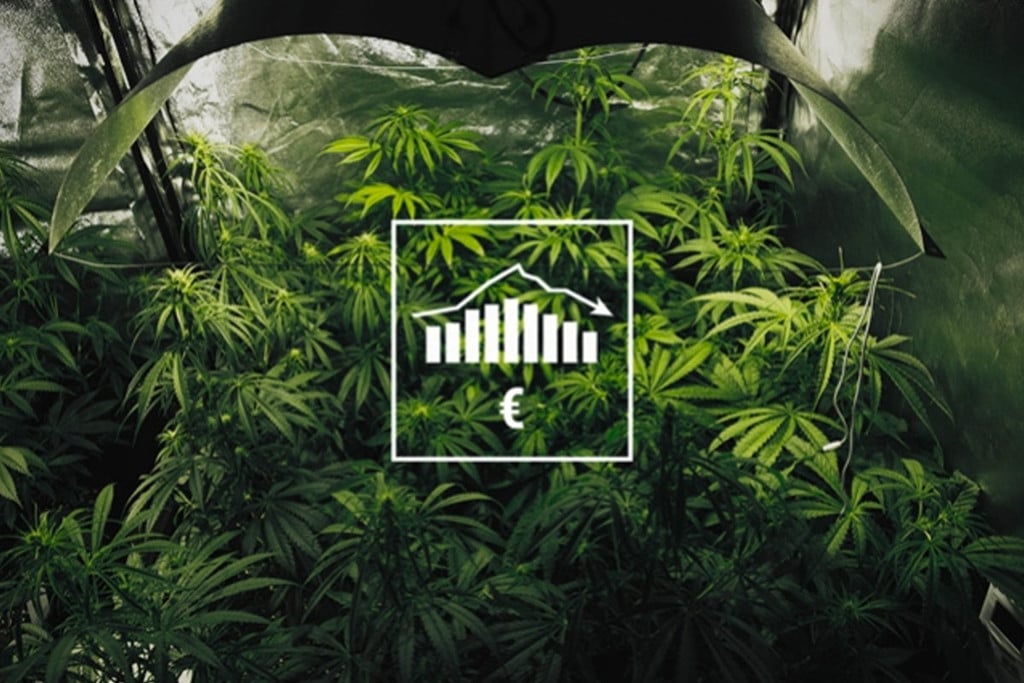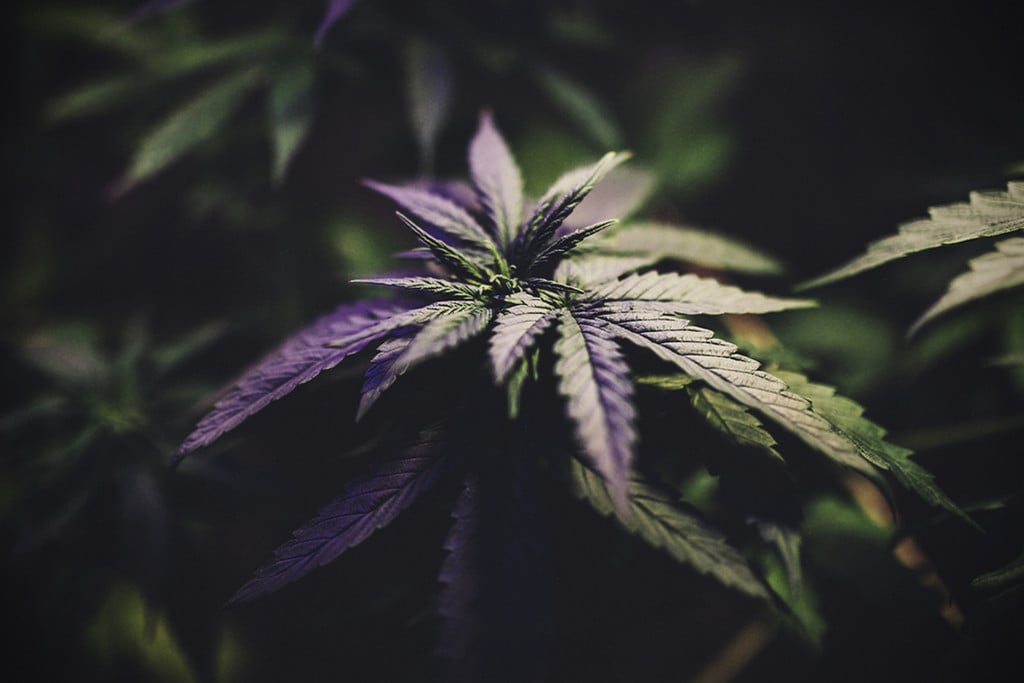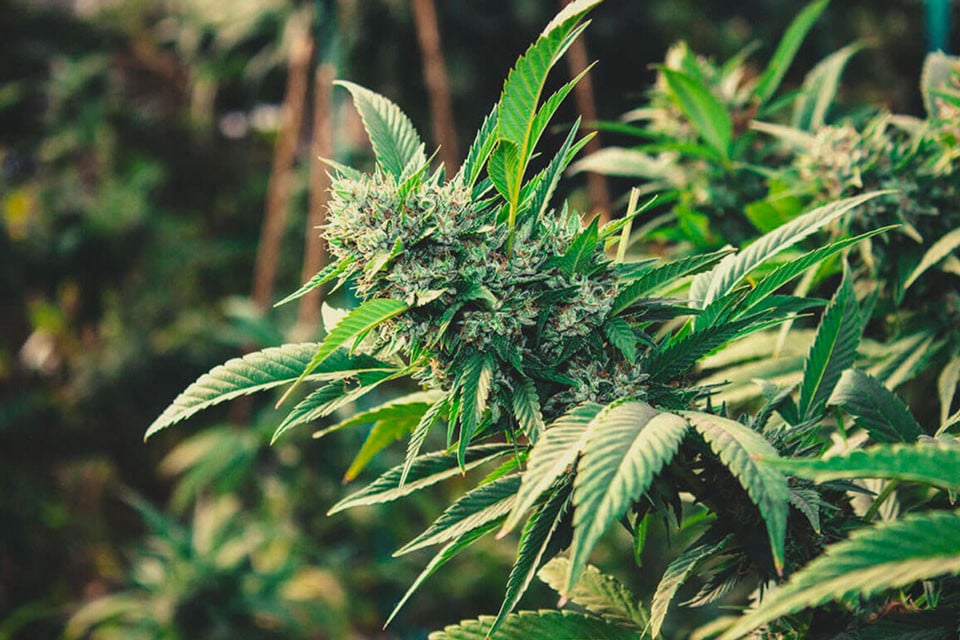 Cannabis Grow Guide by Royal Queen Seeds
Cannabis Grow Guide by Royal Queen Seeds
- Growing cannabis step by step
- Cannabis growing basics
- Choosing your seeds
- How to germinate seeds
- The cannabis vegetative stage
- The cannabis flowering stage
- Harvesting cannabis
- Trimming, drying, and curing
- Choosing pots and soil
-
Growing indoors
- A Complete Overview Of Growing Cannabis Indoors
- Cannabis Cultivation Tips: How To Set Up Indoor Grow Lights
- How Many Cannabis Plants Can You Grow Per Square Metre?
- Indoor Cannabis Growing: Relative Humidity and Temperatures
- Hydroponics Cannabis Growing Guide (with diagrams)
- Cannabis Micro Growing: Growing Great Weed in Tiny Spaces
- Growing outdoors
- How to grow autoflowering cannabis
- Cannabis nutrients and pH
- Cannabis troubleshooting: Nutrients
-
Cannabis troubleshooting: Growing
- Cannabis Seed Germination — Troubleshooting Guide
- How to Deal With Pythium (Root Rot) in Cannabis Plants
- Slow Cannabis Plant Growth And What You Can Do About It
- How to Deal With Leggy Cannabis Seedlings
- Watering Your Cannabis: How to Fix Overwatering and Underwatering
- Understanding Male, Female, And Hermaphrodite Cannabis
- Identifying and Treating Common Cannabis Ailments
- How To Revive a Sick Cannabis Plant
- How to Avoid Mouldy Weed During Drying and Curing
- How to Prevent and Treat Dry and Crispy Cannabis Leaves
- What Cannabis Leaves Can Tell You
- Causes and Solutions for Yellow Cannabis Leaves
-
Cannabis Strains Grow Report
- HulkBerry Automatic Grow Report
- Blue Cheese Auto Grow Report
- Purple Punch Automatic Strain Grow Report
- Triple G Automatic Grow Report
- Do-Si-Dos Automatic Grow Report
- Green Gelato Automatic Grow Report
- Haze Berry Automatic Grow Report
- Purple Queen Automatic Grow Report
- Cookies Gelato Automatic Grow Report
- Sherbet Queen Automatic Grow Report
- Sweet Skunk Automatic Grow Report
- Medusa F1 Grow Report
- Cannabis plant training
-
Weed growing tips
- The Cannabis Plant Anatomy
- How to preserve seeds
- How Much Sunlight Do Outdoor Cannabis Plants Need To Grow?
- How to Control and Prevent Stretching in Cannabis Plants
- My Cannabis Plants Are Growing Too Tall: What Should I Do?
- Should You Worry About Purple Or Red Cannabis Stems?
- What To Do When Your Indoor Cannabis Won’t Flower
- How To Protect Your Cannabis Plants From Heat Stress
- How To Tell If Your Female Cannabis Plant Has Been Pollinated
- Growing Medical Marijuana
- Bud Washing: How to Clean Your Weed
- Understanding Cannabis Yield per Plant
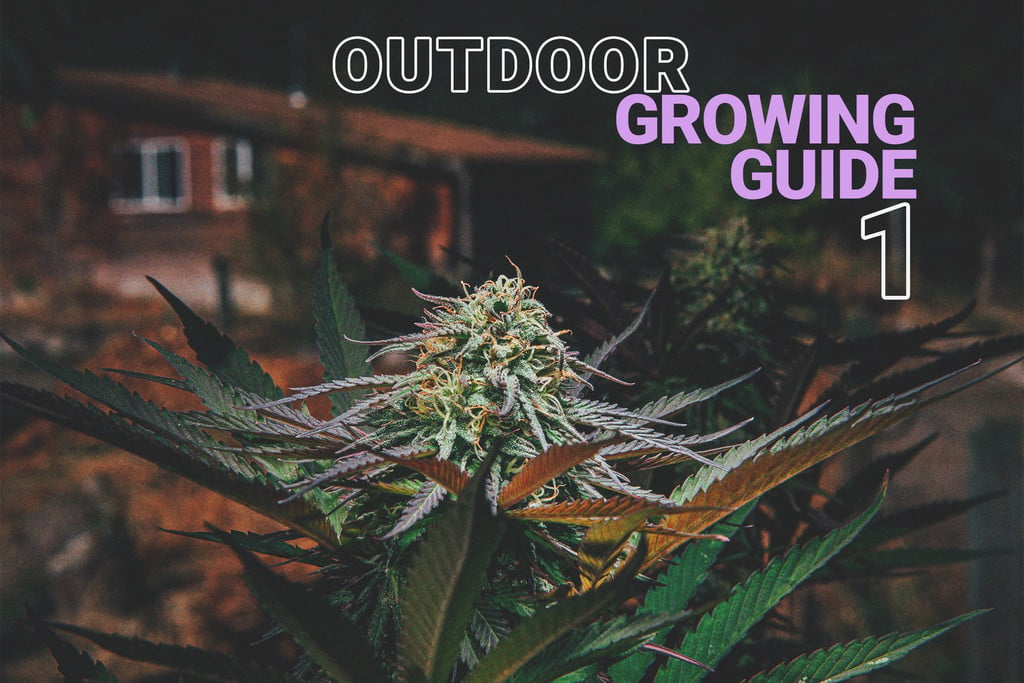
The Basics of Cannabis Outdoor Growing (Part 1)
Royal Queen Seeds decided to put together basic information on outdoor cannabis growing to help our customers who might have never grown outdoors before, to get ready for the upcoming season. Our common goal: Large yields of high quality cannabis, produced by Mother Earth itself, maybe with a little help from an enthusiastic gardener.
Good preparation helps when we want to reach certain goals. Outdoor cannabis growing is no exception and requires long-term thinking, time being spent in nature doing physical work, and a certain level of flexibility to overcome obstacles that threaten our harvests. Being motivated to get things right is very helpful, but won’t necessarily guarantee good results. It’s the mistakes we make, teaching us our most valuable lessons. Mahatma Gandhi once said: “Freedom is not worth having if it does not include the freedom to make mistakes.” This is maybe a good mantra for novices who just found about the rewarding hobby of cannabis cultivation.
“The Basics of Outdoor Growing” divides into four parts, covering some of the most important steps worth thinking about when planning an outdoor grow. Here is quick overview of what to expect in each part of our brief outdoor grow guide.
Choose The Right Strain
The process of outdoor growing starts with choosing a strain that matches the climatic conditions present at the grow location. Most growers will also base their decision on personal preference concerning effects and taste, flowering time, size, and yields. The harvest month in which a strain finishes outdoors is of primary importance, along with its genetic heritage meaning Indica or Sativa, and the actual size of a plant.
The Harvest Month
- The harvest month of a feminized strain is our main concern
- Reason: Mould due to heavy rainfall and high humidity in autumn (our viscous enemy!)
- October is the most crucial month of the entire season; many feminized strains finish in this month; high humidity levels and rain in October are often the cause of mould
- Analise weather data from past years and choose a strain that finishes on time, before the weather is likely to shift
- Autoflowering strains don’t have the issue of late harvests; they will start and finish their flowering period in disregard of the amount of light hours per day
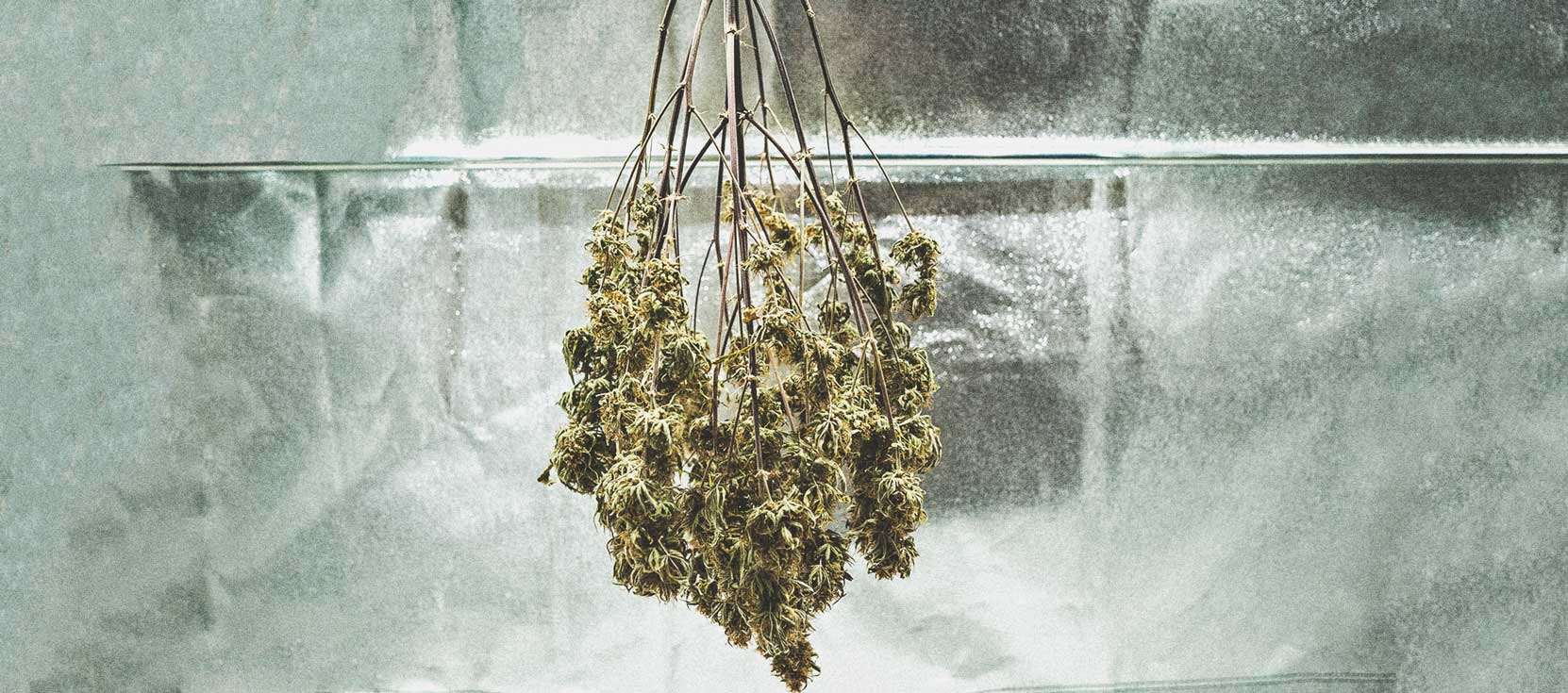
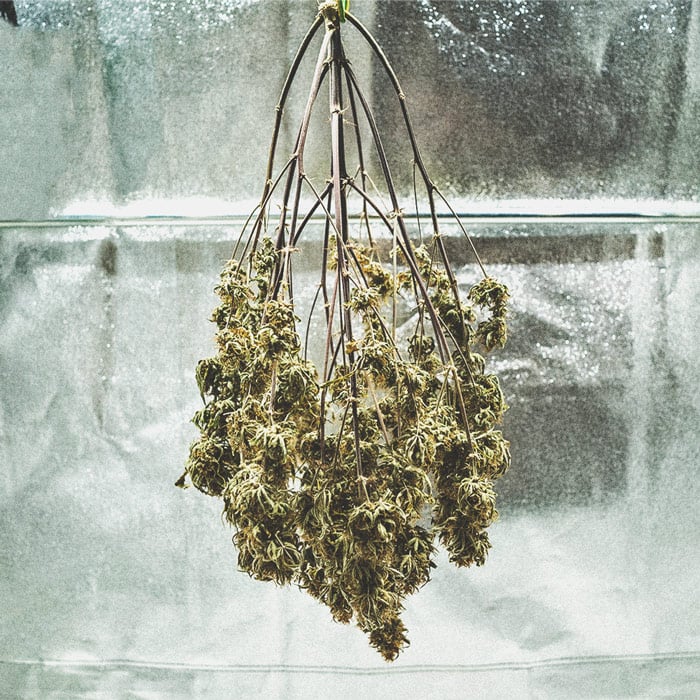
Indica or Sativa?
- Indica-dominant strains have a greater resilience to tough weather conditions
- Sativa-dominant strains like higher levels of light intensity and warmer temperatures
- Norhern European growers: Try to choose indica-dominant strains that finish in late September to early October (e.g. Somango XL, Critical)
- Southern European growers: You’re lucky and can pretty much grow whatever you desire, including sativa-dominant strains and late finishers (e.g. Amnesia Haze, Royal Moby)
- Don’t know where to start? Take a look at Our Top 5 Cannabis Strains for Colder Climates, and Our Top 5 Cannabis Strains for Warmer Climates.
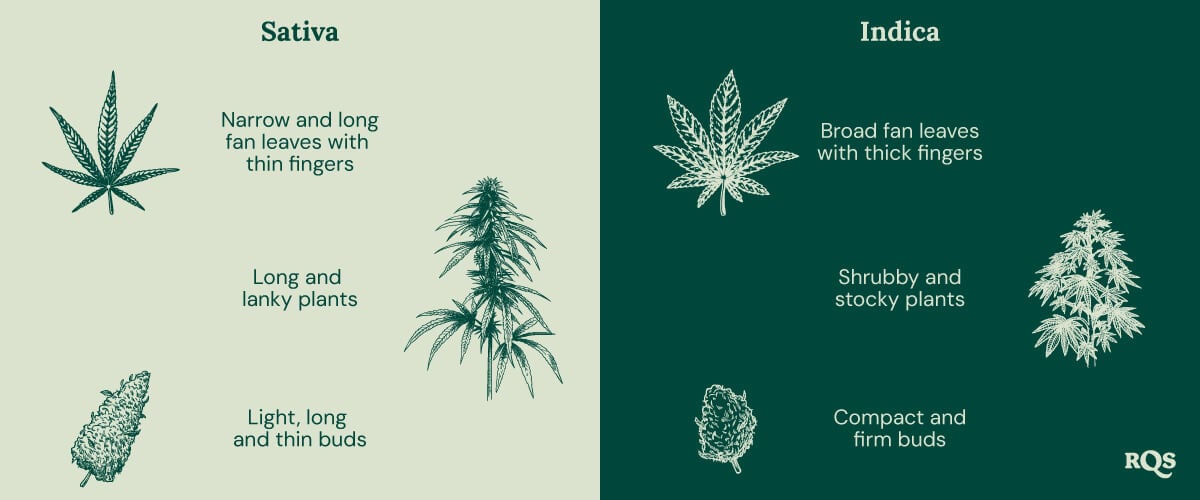
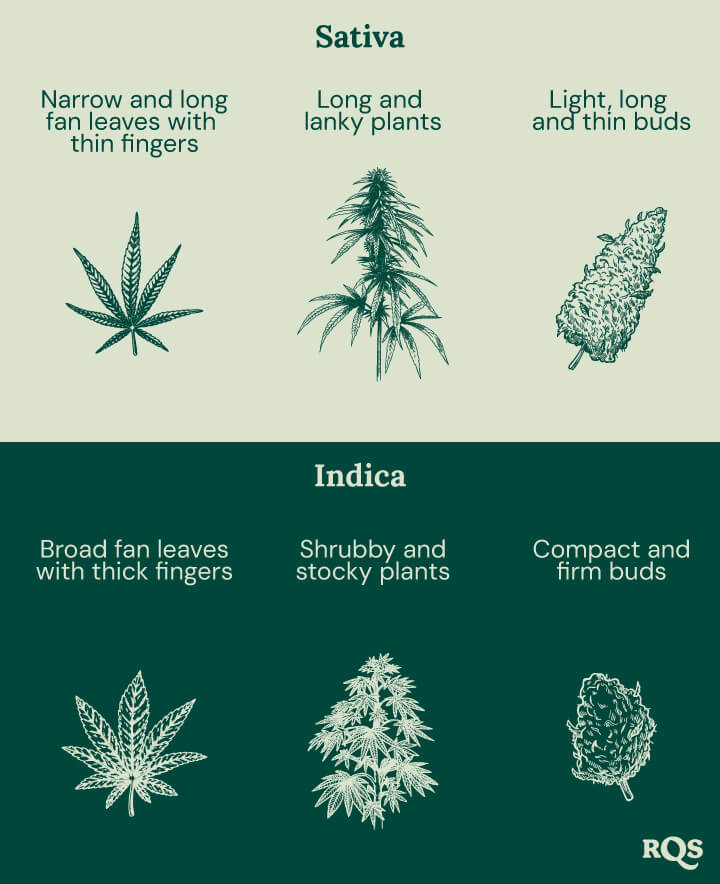
What about the size?
- Feminized strains can reach 2-3m in height; most autoflowering strains stay below 1m
- The plant growth above the surface of the soil correlates with the size of the root bale
- Not restricting the root bale by a planting pot will get you the biggest plants
- Compact plants are easier to hide in natural vegetation and urban environments
Finding A Promising Spot
Finding a promising spot is one of the most important steps of the entire process, and growers usually invest some time to think this one through. The first question we have to ask ourselves is how close we want to be to our plants. There are two basic principles of outdoor growing. The easiest and more convenient way is to grow on the property you own or rent. You’ll be close to your plants, can care for them every day, and watering is not an issue.
Prohibition and restrictive cannabis laws also made a different approach popular – guerilla growing. It already sounds exciting, and it really is. Guerilla growers will grow their plants on land that doesn’t necessarily belong to them, which comes with the benefit of reducing legal risks. Finding a good spot for a guerilla grow is a complex topic, a reason why we think of releasing a separate, and more detailed blog about this in the future. Since we’re already at it - here are some basic things home gardeners and guerilla growers can consider when looking for a promising spot.
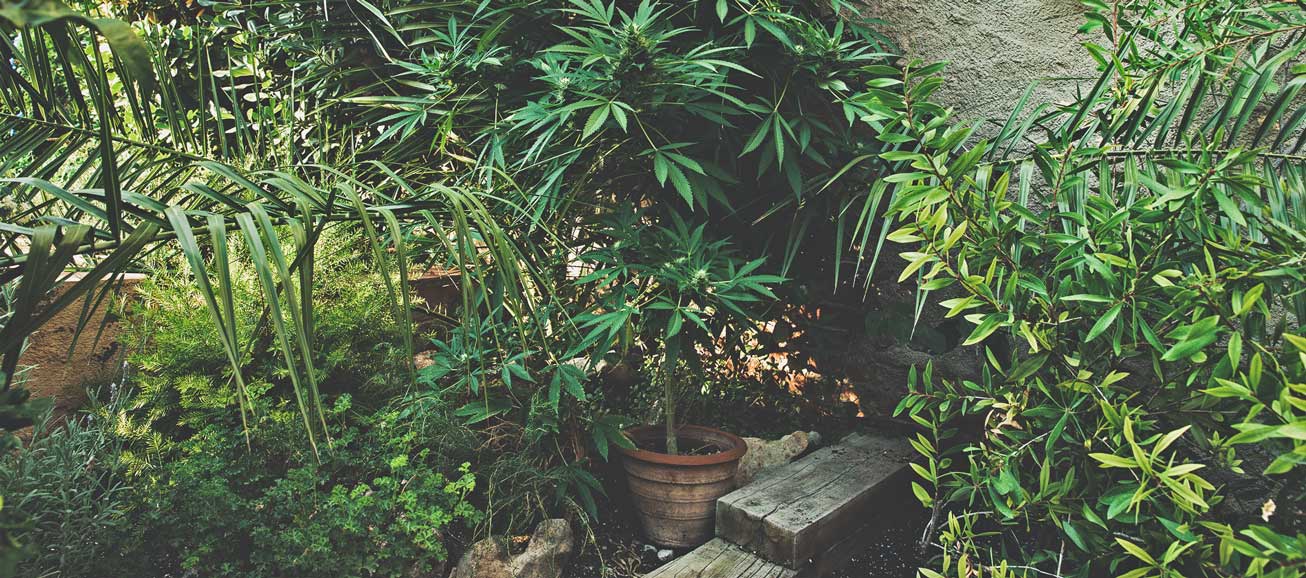
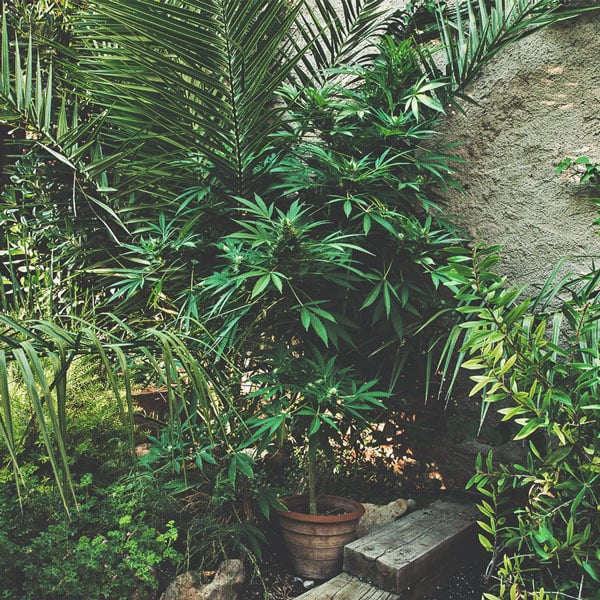
Growing at your home or garden
- Balconies facing south are a good option
- Roof terraces are pretty much the best-case scenario
- Think of places in your garden where cannabis plants blend in, and receive a lot of direct sunlight
- Greenhouses ensure low visbility and aren't overly expensive
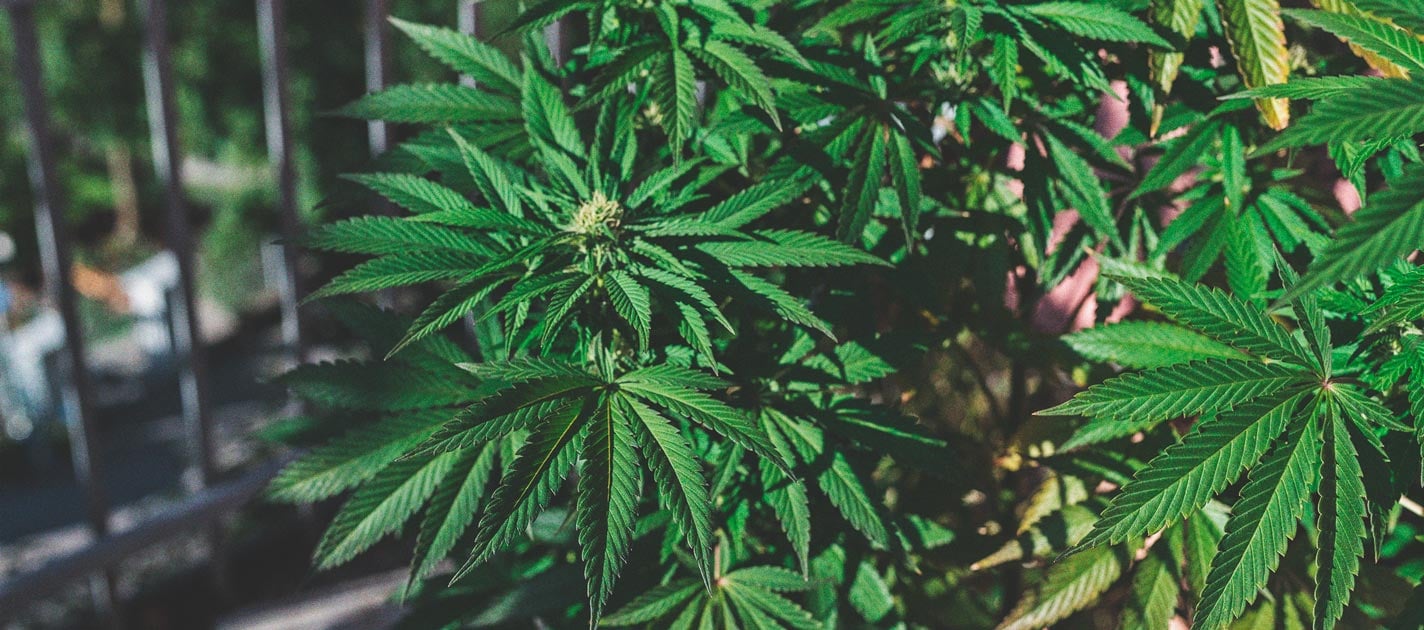
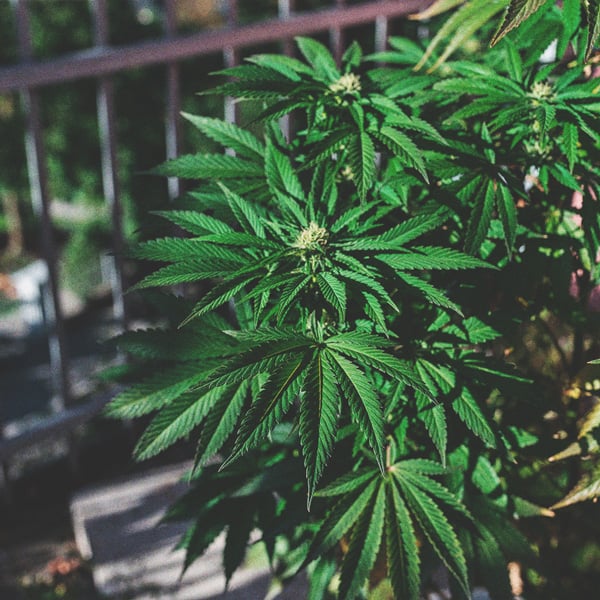
Characteristics of a promising spot for guerilla growing
- Water accessibility within walking distance (use Google Earth to find rivers, lakes, or ponds)
- Lots of direct sunlight from sunrise to sunset (use online tools like suncalc.net)
- There is no reason for someone to go there (>1h away from civilization)
- Cannabis plants will blend into the natural vegetation (similar sized bushes etc.)
Excited to get started? Our growing guide is the perfect next step for beginners, covering soil preparation, seed germination, and essential care tips. Download it now and grow with confidence!
Free RQS
Grow Guide!

 Grow Guide Topic Finder
Grow Guide Topic Finder
- Growing cannabis step by step
- Cannabis growing basics
- Choosing your seeds
- How to germinate seeds
- The cannabis vegetative stage
- The cannabis flowering stage
- Harvesting cannabis
- Trimming, drying, and curing
- Choosing pots and soil
-
Growing indoors
- A Complete Overview Of Growing Cannabis Indoors
- Cannabis Cultivation Tips: How To Set Up Indoor Grow Lights
- How Many Cannabis Plants Can You Grow Per Square Metre?
- Indoor Cannabis Growing: Relative Humidity and Temperatures
- Hydroponics Cannabis Growing Guide (with diagrams)
- Cannabis Micro Growing: Growing Great Weed in Tiny Spaces
- Growing outdoors
- How to grow autoflowering cannabis
- Cannabis nutrients and pH
- Cannabis troubleshooting: Nutrients
-
Cannabis troubleshooting: Growing
- Cannabis Seed Germination — Troubleshooting Guide
- How to Deal With Pythium (Root Rot) in Cannabis Plants
- Slow Cannabis Plant Growth And What You Can Do About It
- How to Deal With Leggy Cannabis Seedlings
- Watering Your Cannabis: How to Fix Overwatering and Underwatering
- Understanding Male, Female, And Hermaphrodite Cannabis
- Identifying and Treating Common Cannabis Ailments
- How To Revive a Sick Cannabis Plant
- How to Avoid Mouldy Weed During Drying and Curing
- How to Prevent and Treat Dry and Crispy Cannabis Leaves
- What Cannabis Leaves Can Tell You
- Causes and Solutions for Yellow Cannabis Leaves
-
Cannabis Strains Grow Report
- HulkBerry Automatic Grow Report
- Blue Cheese Auto Grow Report
- Purple Punch Automatic Strain Grow Report
- Triple G Automatic Grow Report
- Do-Si-Dos Automatic Grow Report
- Green Gelato Automatic Grow Report
- Haze Berry Automatic Grow Report
- Purple Queen Automatic Grow Report
- Cookies Gelato Automatic Grow Report
- Sherbet Queen Automatic Grow Report
- Sweet Skunk Automatic Grow Report
- Medusa F1 Grow Report
- Cannabis plant training
-
Weed growing tips
- The Cannabis Plant Anatomy
- How to preserve seeds
- How Much Sunlight Do Outdoor Cannabis Plants Need To Grow?
- How to Control and Prevent Stretching in Cannabis Plants
- My Cannabis Plants Are Growing Too Tall: What Should I Do?
- Should You Worry About Purple Or Red Cannabis Stems?
- What To Do When Your Indoor Cannabis Won’t Flower
- How To Protect Your Cannabis Plants From Heat Stress
- How To Tell If Your Female Cannabis Plant Has Been Pollinated
- Growing Medical Marijuana
- Bud Washing: How to Clean Your Weed
- Understanding Cannabis Yield per Plant
































